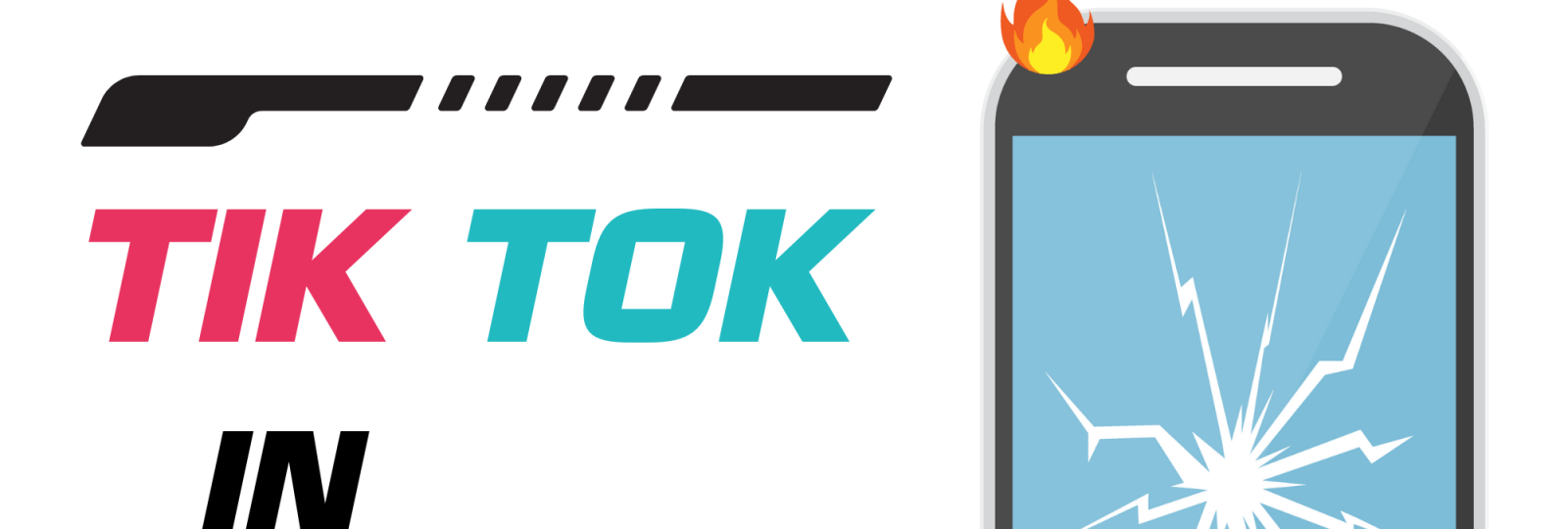TikTok In Trouble
What will happen next for the top social media app of the year?
Share this story

Wednesday, April 24, President Joe Biden signed into law a bill that would ban TikTok if its current owner, ByteDance didn’t sell it. According to The New York Times, the bill gives ByteDance around nine months to sell the app, and would also forbid ByteDance and TikTok from being associated. AP News explains the reasoning behind this decision, “the worry stems from a set of Chinese national security laws that compel organizations to assist with intelligence gathering.”
Businesses and creators who rely on TikTok for revenue have protested this decision, with hashtags such as #KeepTikTok and #SaveTikTok trending on the platform, according to CNBC. Long before the decision, TikTokkers were protesting the passing of the law. The opposing argument to lawmakers’ decision to disconnect TikTok from its Chinese roots was that it would damage the businesses and entertainers that have made a living on TikTok or benefitted from the marketing aspects of the app.
The hypothetical future ban on TikTok, however, might not have as much impact as initially projected. AP News predicts that, if ByteDance doesn’t sell, a year or more of litigation may pass before the app is banned. Even if TikTok is banned, the ban could be bypassed through VPNs or other software that allows access to foreign apps. Still, AP News also predicts that a ban of the app could cause more security issues for users, as updates would not be available.
The impact on TikTok users might be absorbed by other social media platforms. Apps like Instagram and YouTube have begun to emulate TikTok’s brand of short-form content through “reels” and “shorts,” which could surely replace TikToks in the long run. TikTok’s reign over the social media space could be cut short or extended, depending on whether ByteDance sells or keeps the app. In the meantime, consumers have a year or five to enjoy their funny videos and attention-span shortening content.
